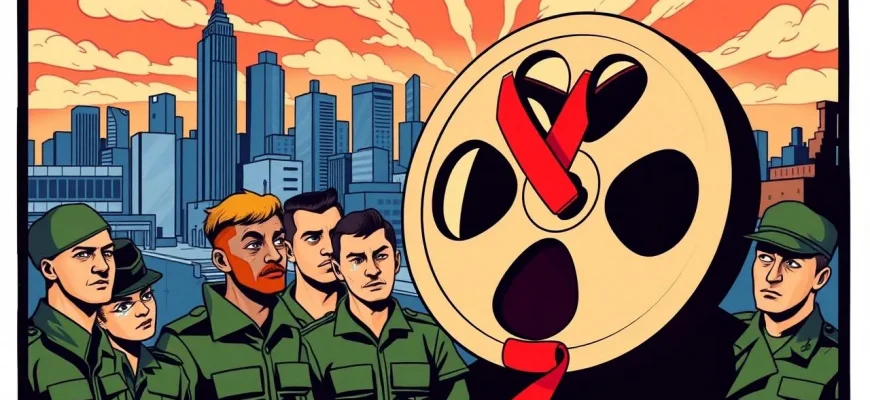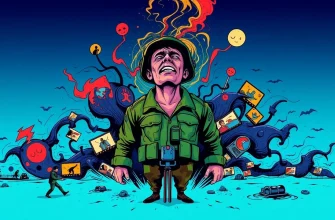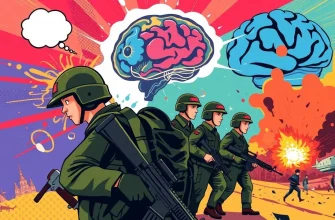This curated selection of war films focuses on the often overlooked aspect of conflict: the rehabilitation of soldiers. These films delve into the physical, emotional, and psychological recovery processes, offering a profound look at the resilience of the human spirit. They provide not only a narrative of war but also a testament to the strength required to rebuild one's life post-conflict, making them invaluable for understanding the broader impact of war on individuals.
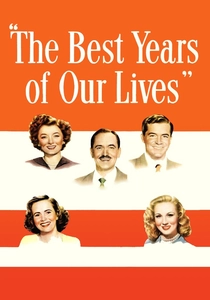
The Best Years of Our Lives (1946)
Description: This classic film follows three WWII veterans as they return home and struggle with reintegration into civilian life, highlighting the challenges of physical and emotional recovery.
Fact: Harold Russell, who played Homer Parrish, was not an actor but a real-life WWII veteran who lost both hands in the war. He won two Oscars for his role.
 Watch Now
Watch Now
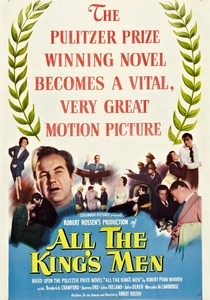
The Men (1950)
Description: Marlon Brando's debut film, where he plays a paraplegic WWII veteran adjusting to life in a rehabilitation hospital.
Fact: Brando spent time in a veterans' hospital to prepare for his role, ensuring an authentic portrayal.
 Watch Now
Watch Now

The Deer Hunter (1978)
Description: While not solely about rehabilitation, this film includes powerful scenes of soldiers dealing with the aftermath of war, including PTSD and physical injuries.
Fact: The film's depiction of Russian Roulette was highly controversial and not historically accurate but added to the film's dramatic intensity.
 Watch Now
Watch Now
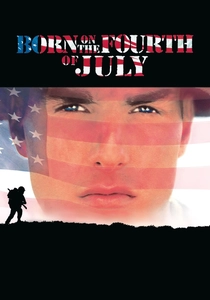
Born on the Fourth of July (1989)
Description: Based on the autobiography of Ron Kovic, this film captures his journey from a patriotic soldier to an anti-war activist, focusing on his physical and psychological rehabilitation.
Fact: Tom Cruise gained significant weight to portray Kovic's physical transformation after his injury.
 Watch Now
Watch Now
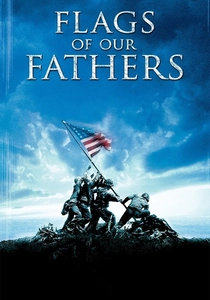
Flags of Our Fathers (2006)
Description: Explores the lives of the soldiers who raised the flag on Iwo Jima, focusing on their post-war experiences and the impact of their fame.
Fact: The film was directed by Clint Eastwood, who also directed the companion piece, "Letters from Iwo Jima," from the Japanese perspective.
 Watch Now
Watch Now
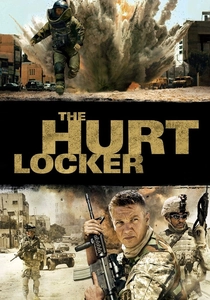
The Hurt Locker (2008)
Description: Focuses on an Explosive Ordnance Disposal specialist in Iraq, showing the psychological toll of war and the struggle to return to civilian life.
Fact: Kathryn Bigelow became the first woman to win the Best Director Oscar for this film.
 Watch Now
Watch Now
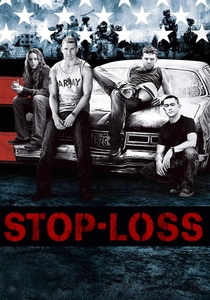
Stop-Loss (2008)
Description: A modern take on the difficulties of returning home from Iraq, dealing with issues like PTSD and the controversial stop-loss policy.
Fact: The film was inspired by real-life stories of soldiers facing involuntary extensions of their military service.
 Watch Now
Watch Now

The Railway Man (2013)
Description: Based on the true story of Eric Lomax, a former British Army officer, who seeks reconciliation with his past as a prisoner of war during WWII.
Fact: Colin Firth and Nicole Kidman star in this film, which was well-received for its sensitive portrayal of trauma and healing.
 Watch Now
Watch Now
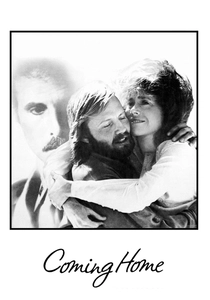
Coming Home (1978)
Description: A poignant exploration of a Vietnam War veteran's return home, dealing with paralysis and the emotional turmoil of adjusting to a new life.
Fact: Jane Fonda, who stars in the film, was known for her anti-war activism during the Vietnam War, which added a layer of authenticity to her role.
 30 Days Free
30 Days Free
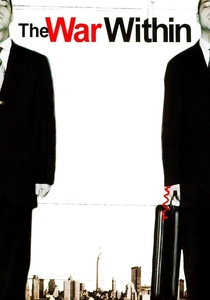
The War Within (2005)
Description: A film about a Pakistani-American who returns from Afghanistan, dealing with his own internal conflicts and the external pressures of his community.
Fact: The film was shot in New York City, capturing the real-life atmosphere post-9/
 30 Days Free
30 Days Free

